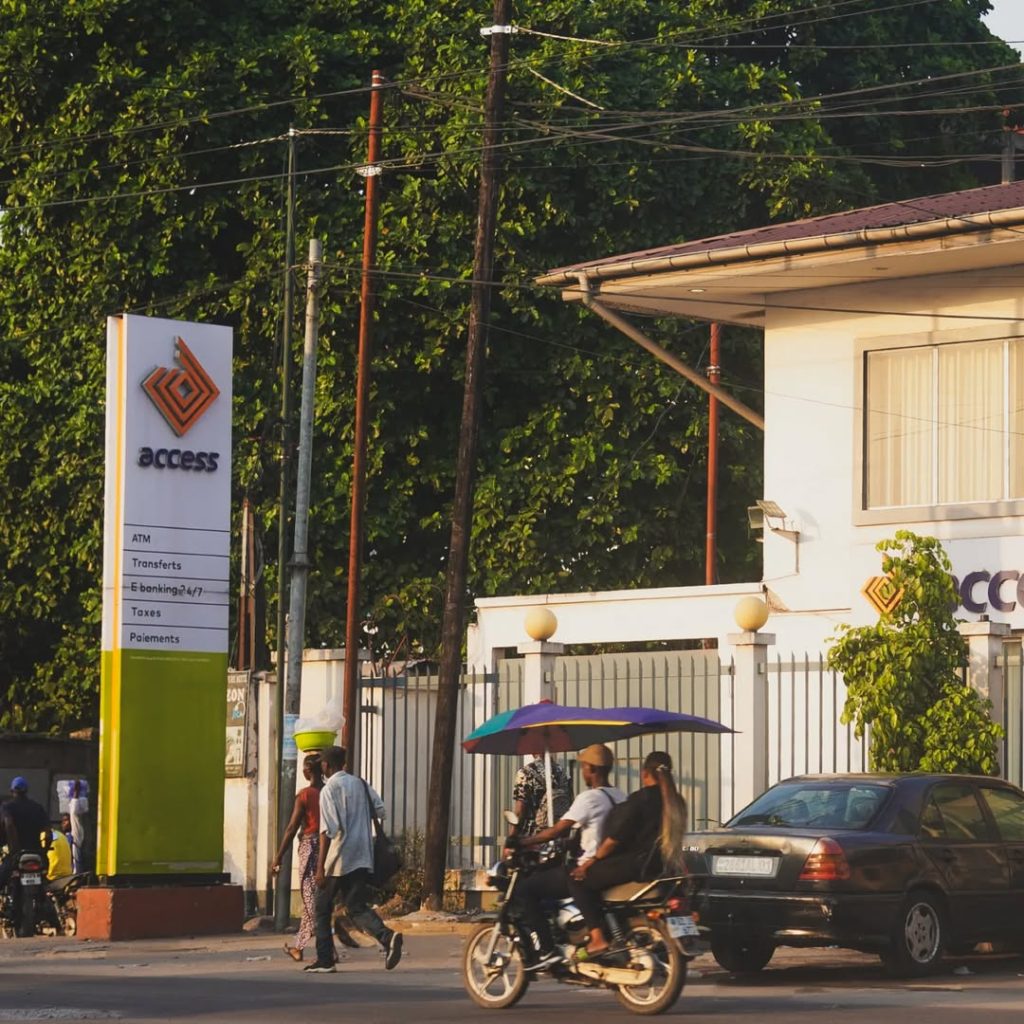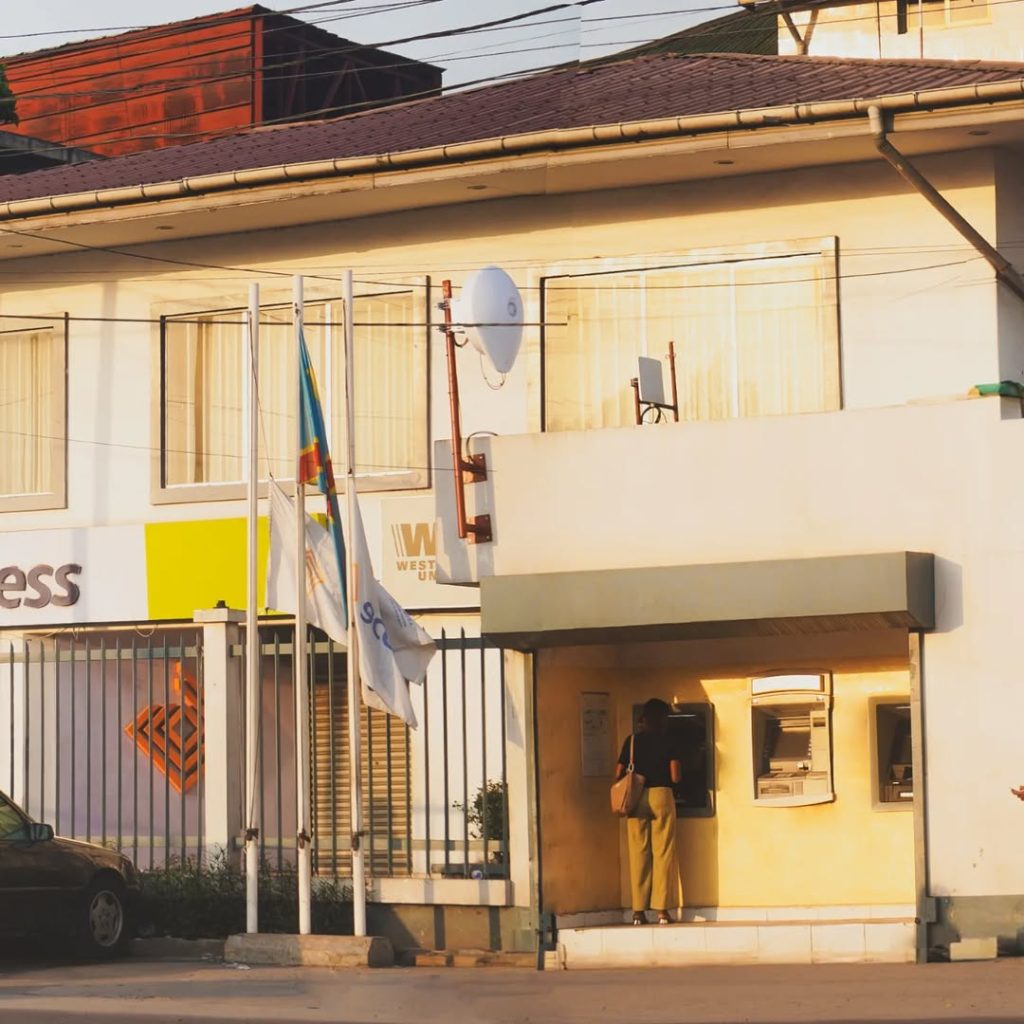In recent years, Access Bank Plc, the biggest lender in Nigeria in terms of assets, has aggressively expanded across the continent.
However, a regulatory maze involving its activities in the Democratic Republic of the Congo (DRC) has thwarted its pan-African aspirations, especially its intended acquisition of Kenya’s National Bank (NBK). Access Bank DR Congo, a relatively small but now very significant subsidiary, is at the heart of the delay.
- •A small Congolese commercial bank established in 2002 by South African investors, Banque Privée du Congo (BPC), was acquired by Access Bank in 2009, giving rise to Access Bank DR Congo.
- •While the subsidiary has never cracked the top tier of Congolese banks dominated by Rawbank, TMB, and Equity Bank Congo, it has shown incremental growth.
- •A 2023 rule by the DRC’S banking regulator mandates all commercial banks in the country diversify their ownership, which Access Bank has struggled to do as it includes a significant local ownership clause.
Access Bank DR Congo is now practically a wholly owned subsidiary of Access Bank, which owns 99.98% of its shareholding. The bank has progressively established a small but steady presence in the DRC market by introducing corporate banking, SME lending, and retail services over the years.
Following the 2009 acquisition, Access Bank DR Congo started to grow in important cities like Lubumbashi, Goma, and Matadi, from just Kinshasa where BPC had served a specialized clientele. In 2023, the bank posted a profit of approximately KSh 563 million (around $4.2 million), a sign of sustainable operations despite Congo’s volatile economic climate.
That performance, however, still pales in comparison to the billions earned by its Kenyan rivals in the DRC like Equity and KCB.
DRC’s 45% Local Ownership Rule
Instruction 18, which was issued by the Central Bank of Congo (BCC) in 2023, mandated that all DRC commercial banks diversify their ownership. More specifically, each bank must have at least four unrelated shareholders, each holding at least 15% of the bank’s equity, and no one entity may own more than 55% of the bank’s equity.
By December 2026, this rule—which essentially requires a minimum of 45% local or minority shareholding—will go into force.
| Requirement | Threshold |
| Minimum local/minority ownership | 45% |
| Minimum number of unrelated shareholders | 4 |
| Minimum stake per shareholder | 15% each |
| Compliance deadline | December 2026 |
Now, the subsidiary, which has 99.98% foreign ownership, is in direct violation of that law, with a little over a year and a half to go to the deadline. The bank has agreed to lower its stake, but selling off almost half of a bank in a market with little local capital presents a set of difficulties.
Strategic Collision: The NBK Acquisition Bid
Access Bank stated in March 2024 that it would buy National Bank of Kenya (NBK) from KCB Group for about $100 million, which is 1.25 times NBK’s book value. Following previous agreements in Rwanda and Zambia, the strategic move sought to solidify the lender’s expanding footprint in East Africa.

By the middle of 2024, the Central Bank of Kenya (CBK) had given its approval in principle, and in April 2025, the agreement was formally approved. Nevertheless, Access Bank had to settle regulatory concerns in other jurisdictions before the CBK would approve the application.
The Central Bank of Nigeria (CBN), adopted a strong position at this point. Despite Access Bank’s fundraising efforts and growth trajectory, which included a $228 million rights issue, the CBN declined to give the NBK acquisition final approval, citing the over exposure of Access Bank in overseas markets, where operational risks are increasing.
In particular, because 99.98% of the bank was owned by foreigners, the DRC subsidiary is not in compliance with local regulations. The CBN added another layer of compliance was added when it identified the need for operational restructuring in Access Bank’s UK branch.
Compounding Delays: No Progress Yet in DRC
The Nigerian banking group had not sold any of its DRC unit as of April 2025, as it has been challenging to find Congolese investors prepared to purchase a sizable stake. In a public statement, the bank reaffirmed its dedication to the DRC and its readiness to adhere to the 45% local ownership rule by the 2026 deadline.


The primary obstacle to the NBK deal is now this stagnation. The acquisition has been approved by Kenyan authorities, but CBN has not changed its mind.
In essence, Access Bank’s strategic move in one market-Kenya-has been frozen due to its delayed compliance in another (DRC).
| Date | Event |
| 2002 | Banque Privée du Congo (BPC) is founded |
| 2009 | Access Bank Plc acquires BPC, rebrands to Access Bank DR Congo |
| 2023 | BCC issues Instruction 18, mandating 45% local ownership |
| March 2024 | Access Bank announces NBK acquisition for ~$100M |
| Mid 2024 | CBK gives conditional no-objection |
| April 2025 | CBK formally approves NBK deal; CBN withholds Nigerian approval |
The outcome of Access Bank’s DRC business as well as the future of its acquisition and planned merger in Kenya will depend on its ability to thread this needle.
One thing is certain: local laws, which were formerly seen as secondary to ambition and capital, are now key factors in the development of pan-African banking.




